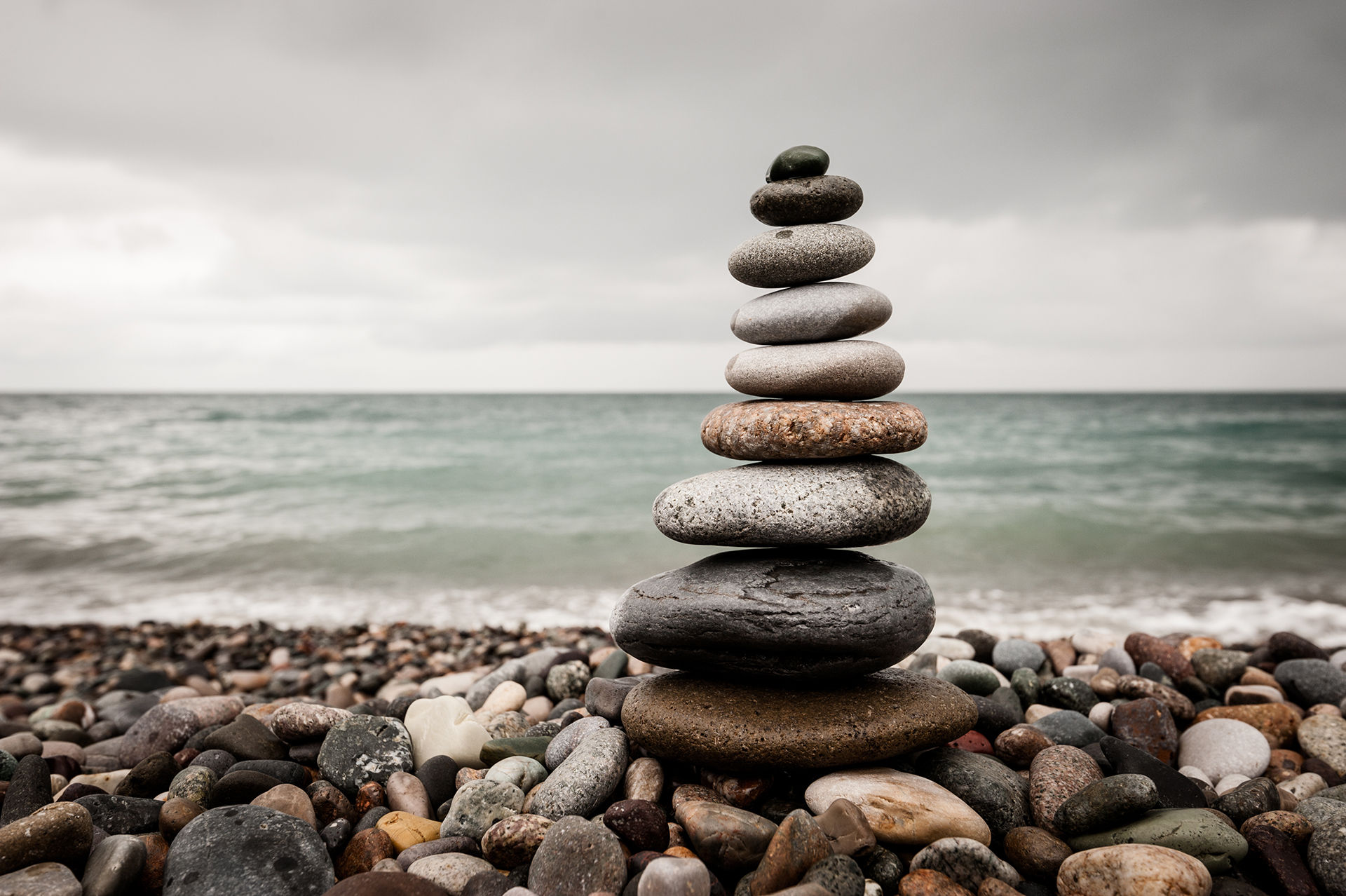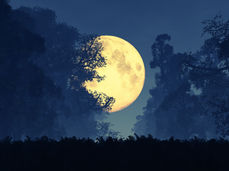Spiritual Landscapes: Places of Journey and Transformation
- Anne Solomon
- Mar 16, 2015
- 4 min read
Updated: Dec 24, 2025
There are so many landscapes we pass through, internally and externally, as we journey in life. I find that the outer and inner are often brought together when reflecting on the geographical and spiritual journeying of God’s people in the Old Testament, and how these places relate to our lives and experience now.

Garden Places
There are lush gardens such as the Garden of Eden, and the garden that forms the backdrop to the lovers in the Song of Songs — an almost restored paradise; places of rich flora and fauna, birdsong, springs of life-giving water, trees of exotic and satisfying fruit, and intoxicating scents.
The garden places in our lives are times of delight, places of intimacy and love, where we have a sense of joyous closeness to God and the sacred.
Times of Flood and Desert
We can also experience times of flood, when we feel ourselves over swept by a great deluge — emotionally, psychologically, physically. Times when things within us seem to be overwhelmed and then levelled by the waters. Sometimes all we can do is just wait for the waters to subside and keep afloat in the hope that the rainbow of new life and olive twig of peace may come after the flood.

Then there are desert times — places of testing, where learning comes slowly and sometimes painfully, and where we find ourselves dependent in arid, harsh landscapes. In these places we are often coping with a sense of spiritual dryness, isolation, and loss of direction with our inner compass spinning aimlessly.
Such places were well understood by the Christian desert mothers and fathers of the 3rd-4th century. Here we can find ourselves going round and round in circles until realization comes. Having been to the Sinai desert in Egypt, I can assure you it doesn't take 40 years to cross!
Thresholds and Crossings
At certain points we can come to important thresholds in our lives - times of crossing over from one understanding, or place within us, to another. Think of Israel crossing over the Red Sea from slavery to freedom, or entering the Promised Land - a crossing that Moses was not permitted to make.
Sometimes we find we have to negotiate what may symbolically be termed 'inner guardians,' or face rites of passage, before crossing key thresholds in our lives. Jacob had to wrestle the angelic figure in the dirt of the ground, and dark of the night, before being allowed to cross the Jabbok - an image derived from the ancient mythological understanding of river spirits as guardians of the crossing. Jung well understands these guardians of the psyche we can face.

The Journey of Descent
A well known image of reaching for the divine is in the journey of ascent. For example, Moses climbing Mt Sinai through the cloud to gain knowledge of God. As the Psalmist says, 'Who shall climb the mountain of the Lord?' Interestingly, the ancient Hebrew term El Shaddai, often translated as 'Almighty God,' could well be translated as 'Mountain One.'
St John of the Cross conceptualized spiritual journeying this way in his work 'The Ascent of Mt Carmel.' And in the Eastern Orthodox tradition a key text is 'The Ladder of Divine Ascent' reflecting something of Jacob's dream ladder reaching up to heaven.
Times of climbing can feel exhilarating as well as tiring and demanding, requiring patience, stamina and persistence towards our goal. Sometimes the altitude can make us light-headed. Here we can benefit from an understanding 'companion' to keep us going as we seek to make our arduous ascent on our own.

A feature of our spiritual landscape less well understood in our western culture is the journey of descent. This is a place particularly understood by the Psalmists: 'You tossed me to the bottom of the pit, into its murky darkness. Trapped here with no escape, I cannot see beyond my pain...Darkness is all I have left,' Psalm 88. Again in Psalm 23, 'Even though I walk through the darkest valley, I will fear no evil for you are with me.'
Here it is helpful to note that 'darkest valley' can also be translated as 'valley of death.' There is a natural link in the language between darkness and death which is reflective of something deeply true about our journey of descent, where we can find ourselves needing to let go of something deep within us as we travel the murky depths of the dark vale to enable our transformation.
It is the place of underlying transition in the deepest part of our psyche from 'My will' to 'Thy will be done.' In this sense it is a journey of death and resurrection, encapsulated by the Cross at the heart of the Christian faith. It can be brought on by external events in our lives or internal stirrings.
So often, though, in the West we can see these times as something separate to, or even hindering, our spiritual journey, and we can lack the understanding and tools to be able to embrace and integrate it as sacred. We need so much more to understand the little deaths that we go through in our path of life, that loosen us from our all too neatly packaged philosophies about self, life and the world.
We often need help and support — sometimes from an understanding companion — to seek out the “treasure that is hard to attain” buried in the dark landscape of our times of letting go, as we surrender our ego in the journey toward our true self, found in God. In this sense the journey of descent, though demanding and painful, can be a great gift to us.
These are just some of the places through which we may travel. I wonder where you find yourself today on your spiritual journey?
These reflections are part of a wider body of writing on spiritual journeying.
Desert photo Creative Commons license.








































